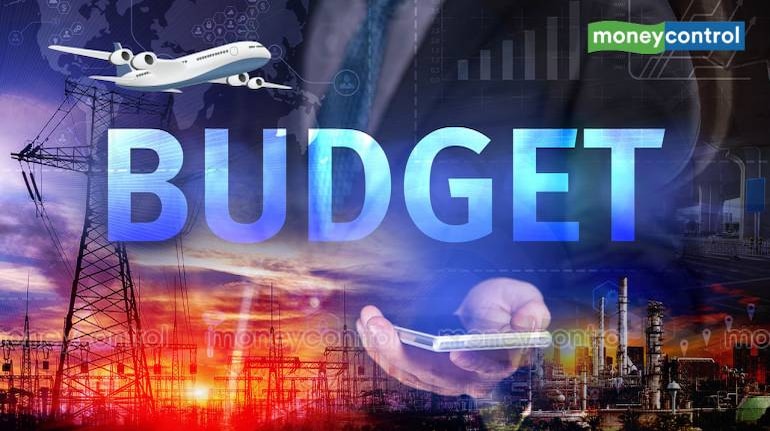Finance Minister Nirmala Sitharaman will present the Budget for fiscal year 2024 on February 1 in the backdrop of an emerging post-COVID world, soaring inflation and tightening of monetary policies across developed and developing markets and geopolitical factors that may realign global distribution channels.
There are a slew of expectations of North Block, but the big reforms India Inc is rooting for in the Budget range from measures aimed at boosting consumption and capital expenditure to spurring investment and innovation.
Capex support
Measures to encourage capital spending in the economy and fresh social sector initiatives through new central schemes could be among the key themes in the upcoming budget as the government aims to strengthen its bid for reelection in 2024.
Axis Bank Chief Executive Officer Amitabh Choudhary said the government should continue supporting capital expenditure and enacting measures aimed at aiding weaker sections.
"Hoping the government continues on the path it has set for itself, supporting capex and the marginalised society," Choudhary said.
Corporate entities also expect the government to address demand-side issues at a time when economies across the world may soon shift their sights from taming inflation to containing recession.
"Creating positive sentiment and consumption should be a priority and I think the government is on track for that," said Rajesh Jejurikar, executive director (auto & farm sectors) at Mahindra & Mahindra.
Inflation, which has been above the Reserve Bank of India (RBI)'s target of 6 percent for most of FY23 so far, decelerated to 5.9 percent in November and 5.7 percent in December. The slowing inflation rate may propel policymakers at Mint Street to pause the hike in interest rates, if not lower them. It remains to be seen what the Finance Ministry rolls out in the Budget to to spur consumption.
GST reforms for healthcare
Healthcare as an industry has long been seeking more budgetary support from the government. Apollo Hospitals has also appealed for reforms in the Goods and Services Tax (GST) for the healthcare sector.
GST, notably, is applicable on medicines and implants, and from July last year, it is also imposed on hospital rooms that cost more than Rs 1,000 per day.
"We should have GST reforms for healthcare...Now that we have an opportunity, give us infrastructure status," said Shobana Kamineni, executive vice-chairperson of Apollo Hospitals.
Shanay Shah, president of the Shalby group of hospitals, said that while health has been a priority sector for some time, it would be even better if it can be reclassified in the same category as agriculture (a National Priority Sector) for long-term lending from banks at lower rates.
The government is expected to maintain its focus on the Performance-Linked Incentive (PLI) scheme, which was introduced in 2021 with an initial outlay of around Rs 2 lakh crore for 13 sectors.
The incentives, according to experts, have done much to boost domestic manufacturing and investment as well as job creation.
GV Prasad, co-chairman and managing director of Dr Reddy's Laboratories, said the "focus is on the PLI scheme" for the budget, but the government is "seriously considering something on the innovation front."
Investment for renewable energy
Renewable energy has remained one of the focus areas for the government, particularly after the oil price shock that jolted the world in the first half of FY23. Power Minister RK Singh told PTI last month that investment in the renewable energy sector could be around $25 billion in 2023.
Sumant Sinha, Chairman and Managing Director of ReNew Power, expects the government to focus on taxation in a bid to spur investments.
"I would just say focus on taxation because it can spur a lot of capital investment," he said.
Amit Kalyani, Deputy Managing Director at Bharat Forge, said the government should "ensure there is parity" between input materials and finished goods.
"Do not penalise people adding value in India," he added.
Officials associated with the government are confident that the budget would rank high in terms of facilitating growth and generating employment.
"It’s going to be a very strong budget that will push growth, increase jobs. MSMEs (Micro, Small and Medium Enterprises) and agriculture will be in focus," said Parameswaran Iyer, CEO of the Centre's policy think tank Niti Aayog.
"We are continuing the entire story of reforms and the budget will reinforce that," added Deepak Bagla, the CEO of Invest India, the government body in charge of promoting and facilitating investments.
